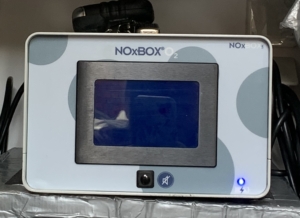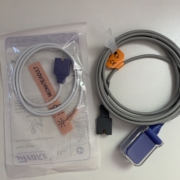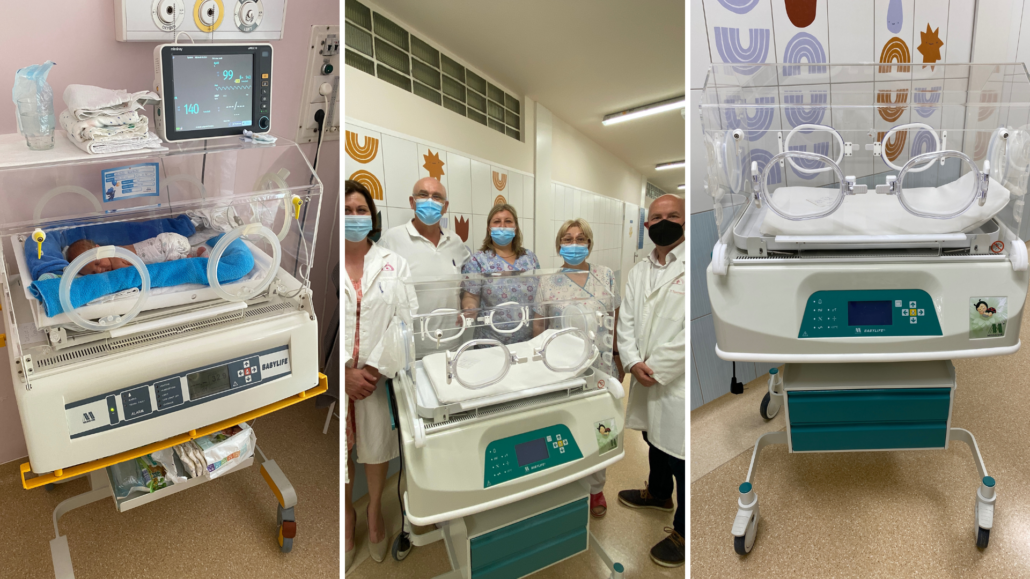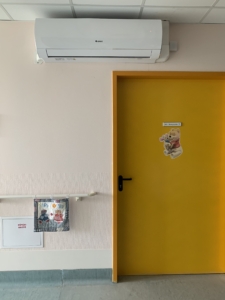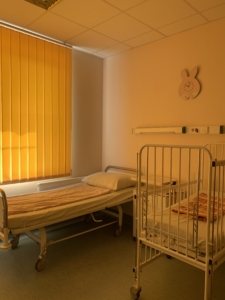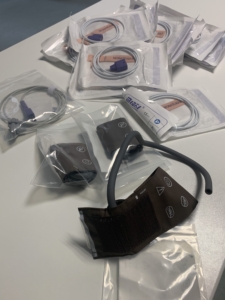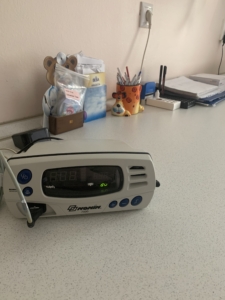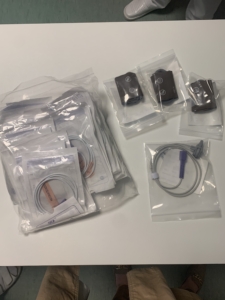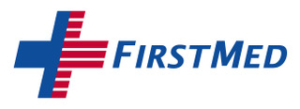
At the 26th Annual Burns Supper held on 28 January 2023 at the Corinthia Hotel we were delighted to announce that the 2022 Sponsor of the Year of the Robert Burns International Foundation was FirstMed. We caught up with Dennis Diokno, CEO and Founder of FirstMed Centers, to ask him about FirstMed’s connections with charity and the RBIF.
Please tell us a little bit about your company and its mission. How did you get involved in sponsoring the RBIF?
FirstMed (originally the American Clinic) began providing medical services to expats in Hungary nearly 25 years ago on February 15, 1999. It has always found charitable organizations to support. Approximately ten years ago, RBIF organized a fundraising activity that served as a kind of team-building event. It was through the Scottish sport of curling that we became more familiar with RBIF and its activities, eventually sending some people to the Burns Supper as a reward..
What made you choose our organisation as a sponsorship opportunity? Were there any specific goals or values that aligned with FirstMed’s objectives?
We were impressed with RBIF’s efforts in supporting medical facilities. Its activities perfectly fit FirstMed and our company’s desire to give back to the community. One of the most significant factors in making RBIF a prime beneficiary of our charitable giving is its Board, which runs and manages the organization through volunteers. We appreciate that 100% of our financial support goes directly to the hospital we support!
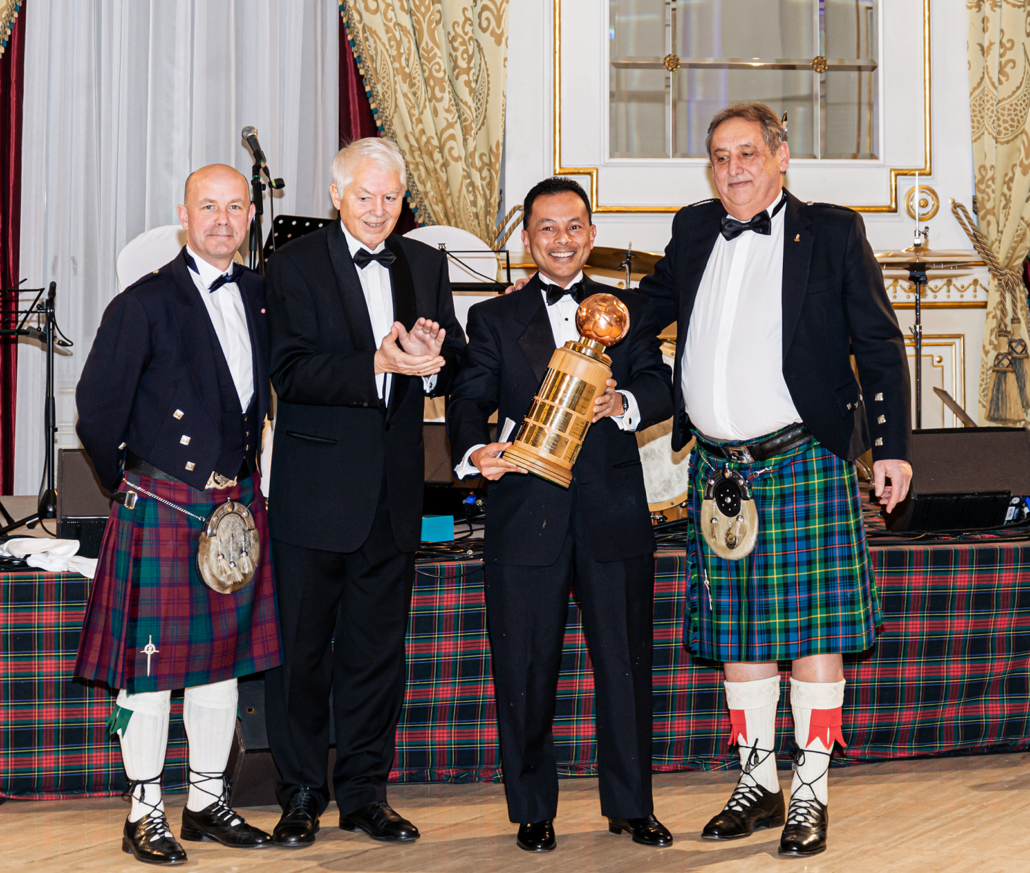
As the Sponsor of the Year, what benefits have you gained from your partnership with our organization?
The most significant benefit has been the opportunity to give back to the community most efficiently.
Sponsorship often involves a financial commitment. What advice would you give to other companies considering sponsoring similar organizations?
RBIF and other organizations receive most of our financial support, but we still assist others when possible. While this support is often monetary, we also give in-kind contributions for raffles and auctions. Over the years, we have also had staff who have assisted organizations as volunteers. I would advise companies that can and want to support charitable organizations to find those that align with your company’s goals and employee’s interests. Equally important is to vet the organization thoroughly. Unfortunately, some charitable organizations have great intentions but spend a disproportionate amount of funds on administration.
Looking ahead, do you have any plans or goals for your continued involvement with our organization or similar sponsorship opportunities? How do you envision our partnership evolving in the future?
FirstMed will continue supporting RBIF in the long term. As our business continues to grow, we hope to increase our support.
Are there any specific projects, initiatives, or causes within our organization that you are particularly passionate about supporting? If so, could you explain why they resonate with you?
As FirstMed is a healthcare company, we focus on supporting medical causes, particularly those involving children. We are delighted that RBIF has directed our contributions to the pediatric department of the regional hospital in Zalaegerszeg.
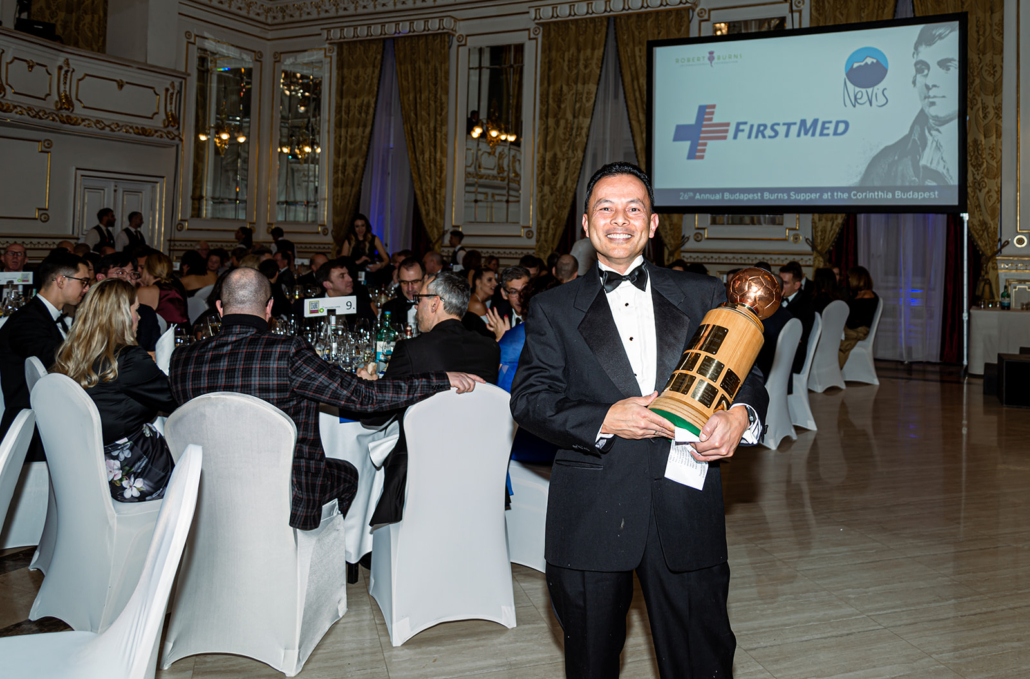
How do you measure the success of your sponsorship efforts? Are there any key performance indicators or metrics you focus on to evaluate the impact of your involvement?
We mainly assess the effectiveness of our charitable giving by meeting with the organizations and, whenever possible, meeting with its beneficiaries. In the case of RBIF, we have visited the hospital in Zalaegerszeg and received updates from RBIF about using funds.
Finally, is there anything else you would like to share with our audience about your experience as the Sponsor of the Year or any message you would like to convey to other potential sponsors?
The FirstMed team was highly honored to be the Sponsor of the Year. Whenever possible, I encourage companies to consider supporting charitable organizations. For the reasons mentioned above, I recommend RBIF. It’s important to note that in addition to participating as a Nevis sponsor of the Burns Supper, FirstMed gives to RBIF through its SME program. This is an outstanding way for smaller companies to get involved.
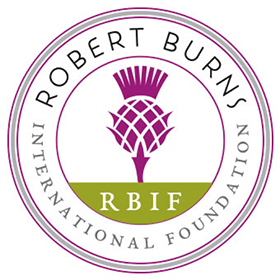
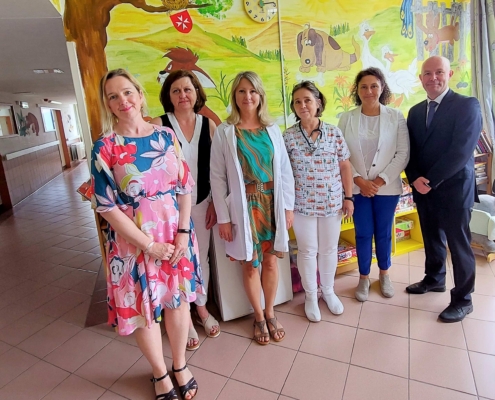
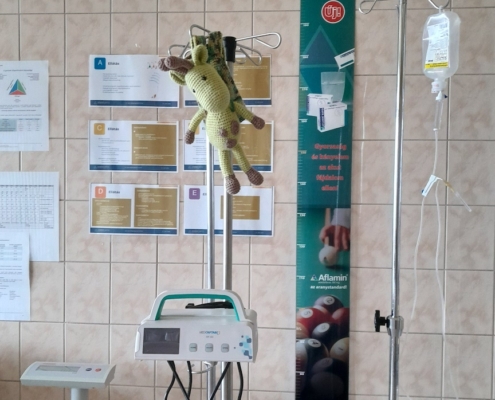
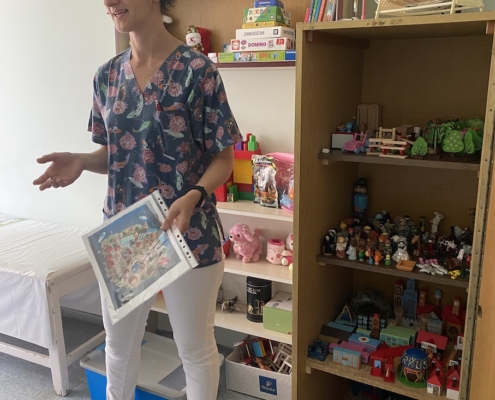
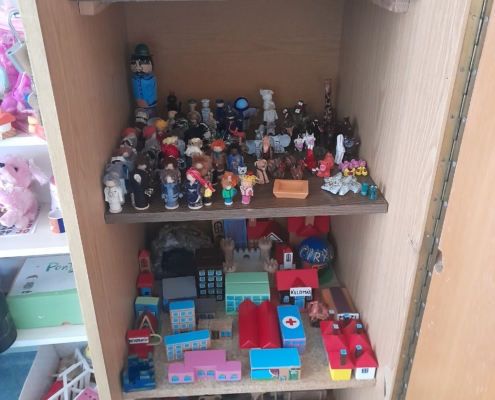
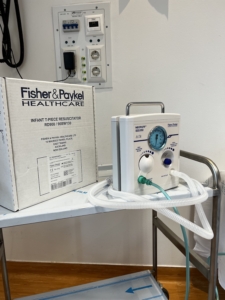
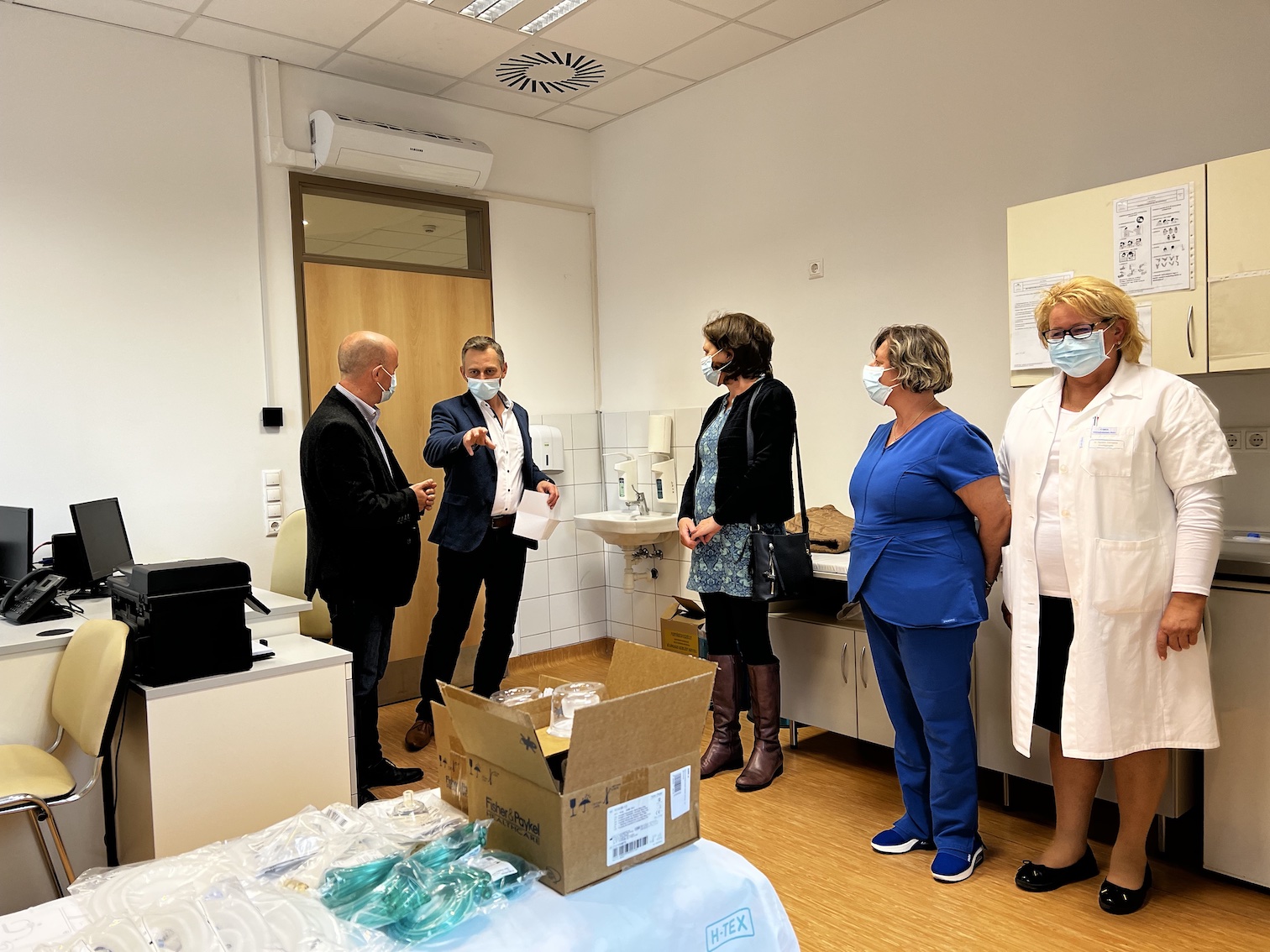
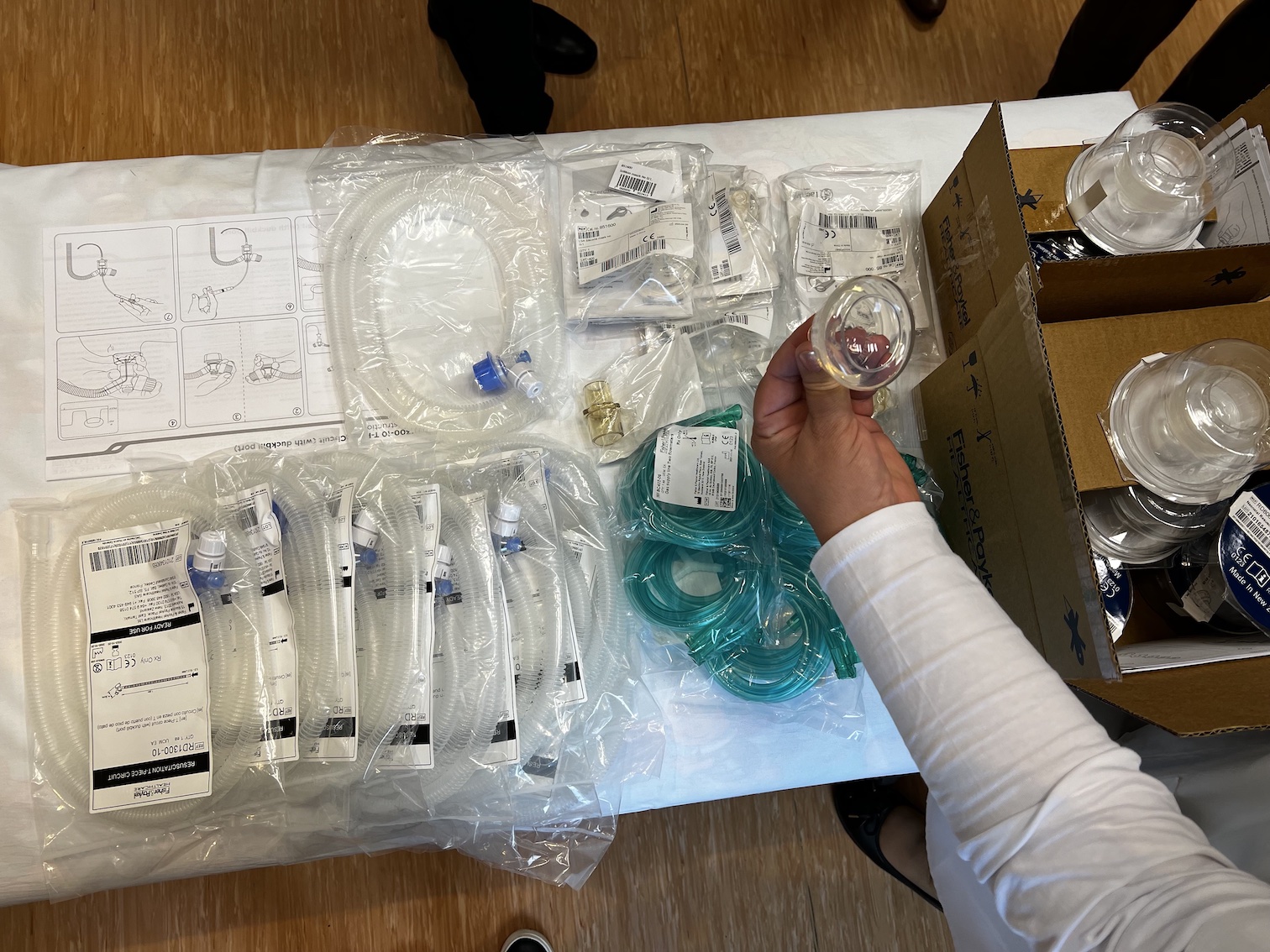
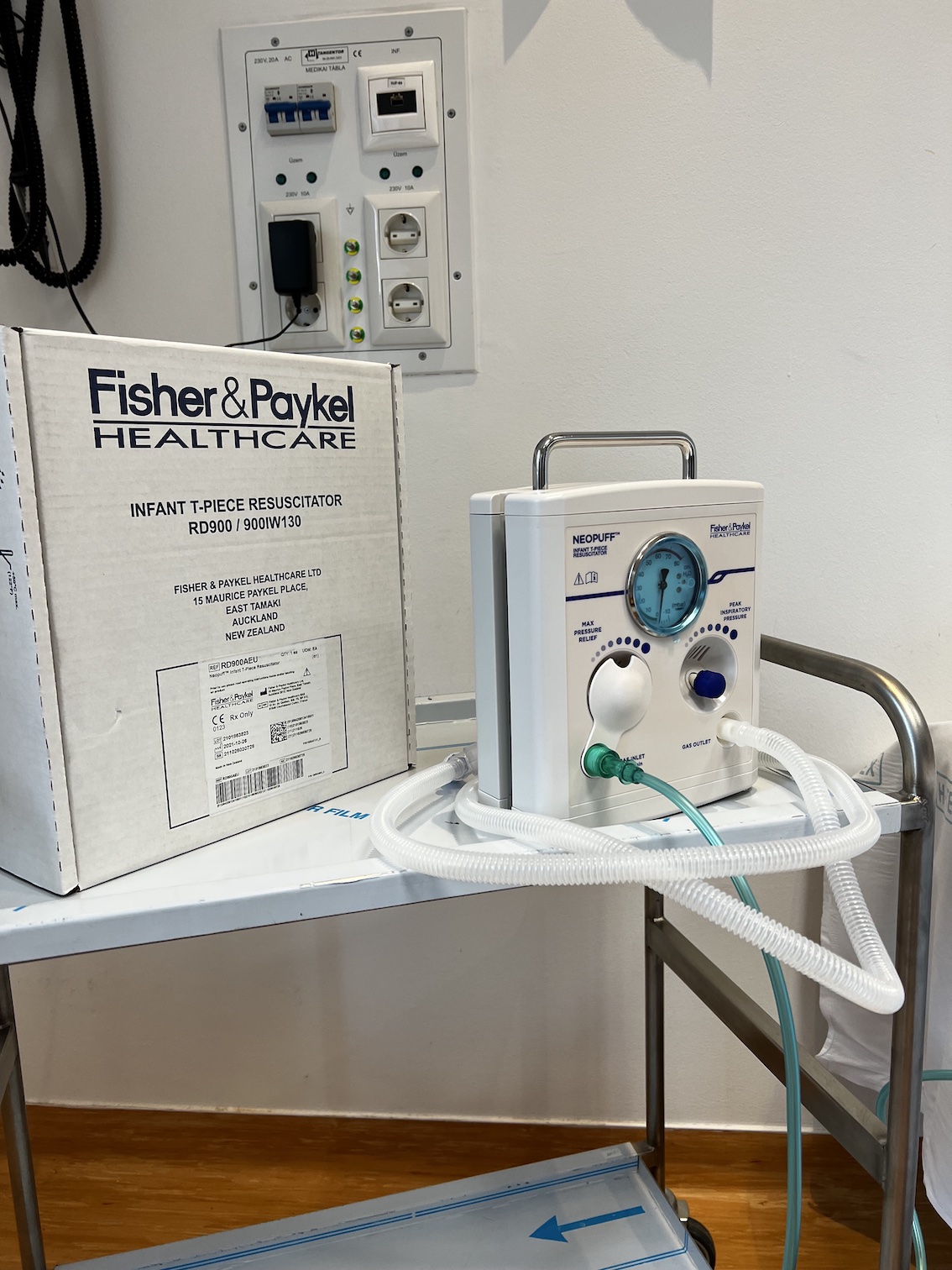
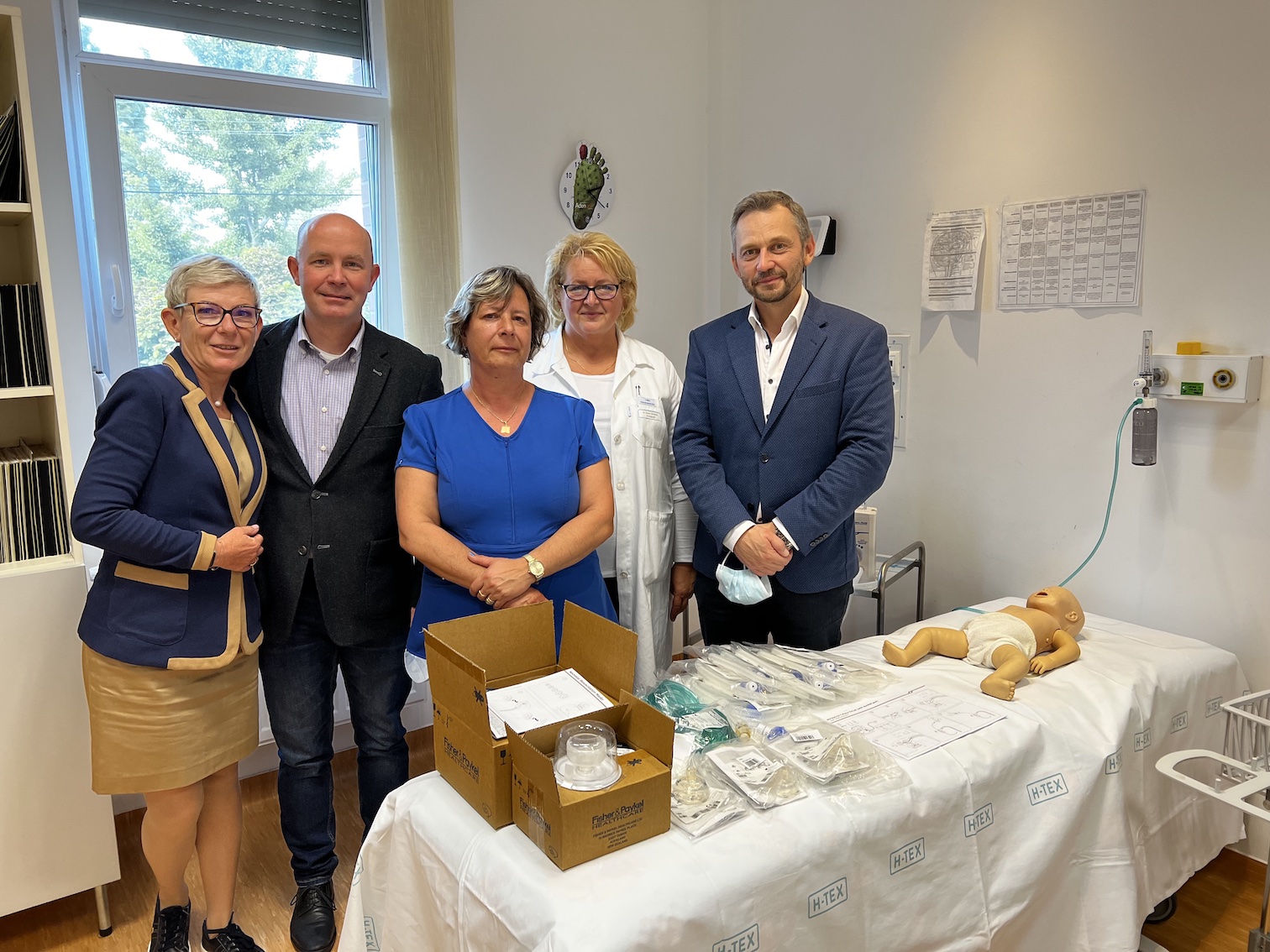
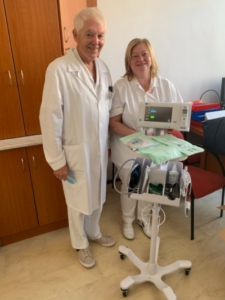 In conjunction with our medical adviser Professor György Fekete, former medical director of the 2nd Dept. of Paediatrics, this year we helped the department purchase a vitally important vital signs monitor along with pressure-relieving mattresses.
In conjunction with our medical adviser Professor György Fekete, former medical director of the 2nd Dept. of Paediatrics, this year we helped the department purchase a vitally important vital signs monitor along with pressure-relieving mattresses.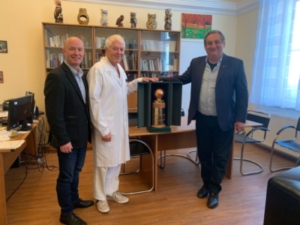 This visit to the hospital also gave us the chance to properly thank Professor Fekete for his 25 years of medical advisory support he has given the RBIF. In recognition of his efforts he was declared our “Sponsor of the Year.”
This visit to the hospital also gave us the chance to properly thank Professor Fekete for his 25 years of medical advisory support he has given the RBIF. In recognition of his efforts he was declared our “Sponsor of the Year.”